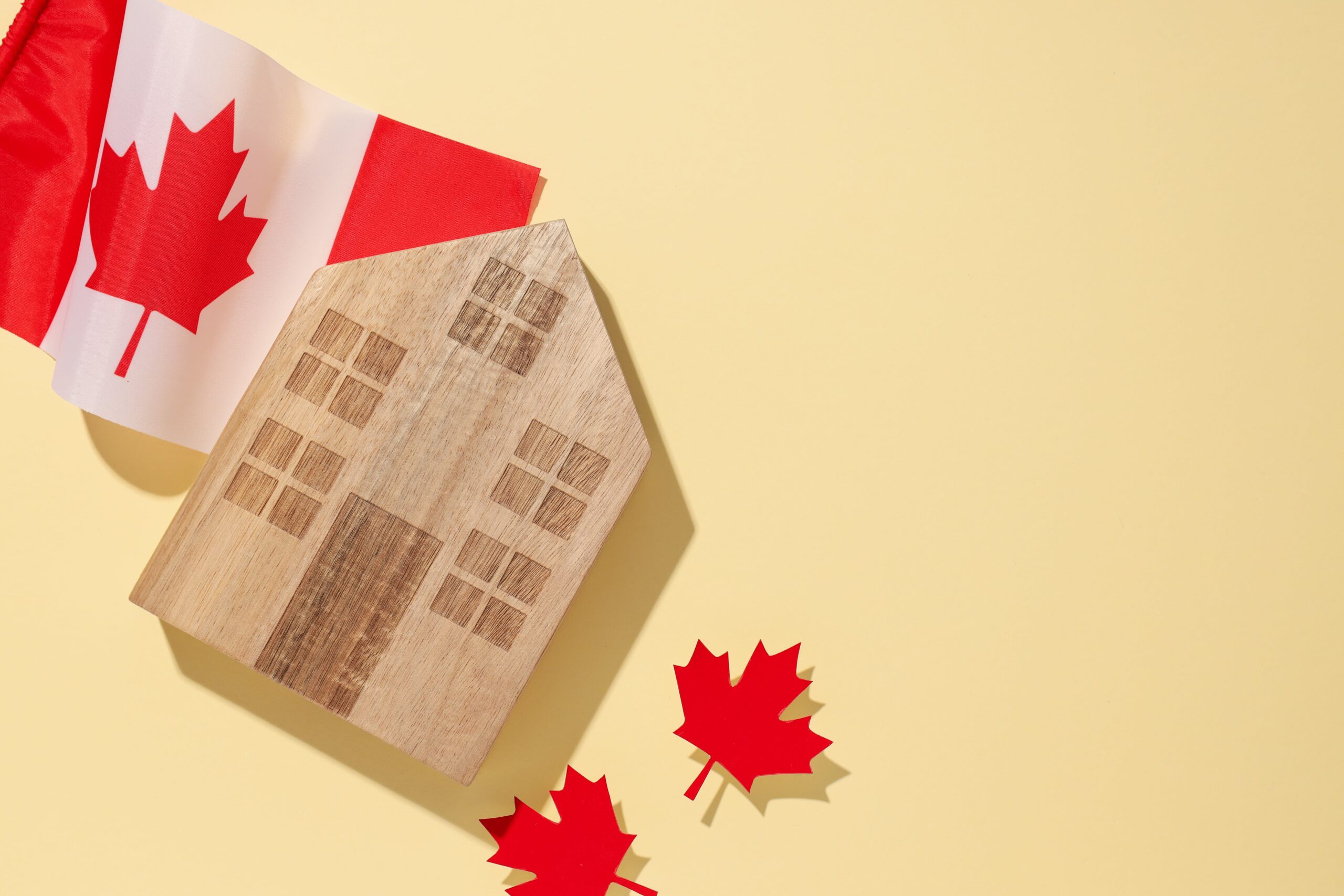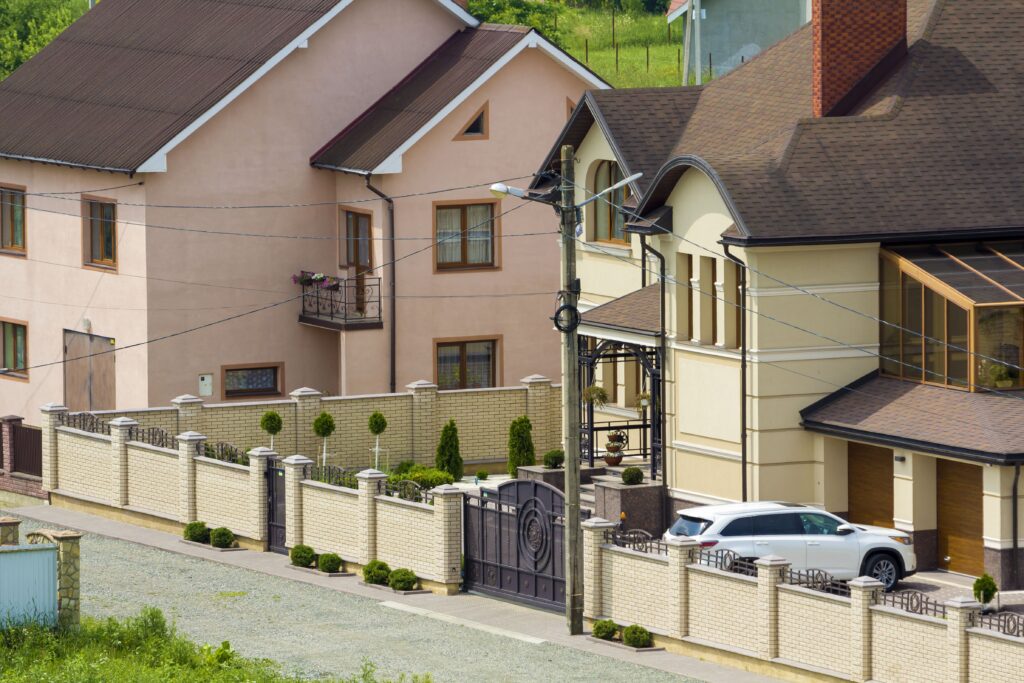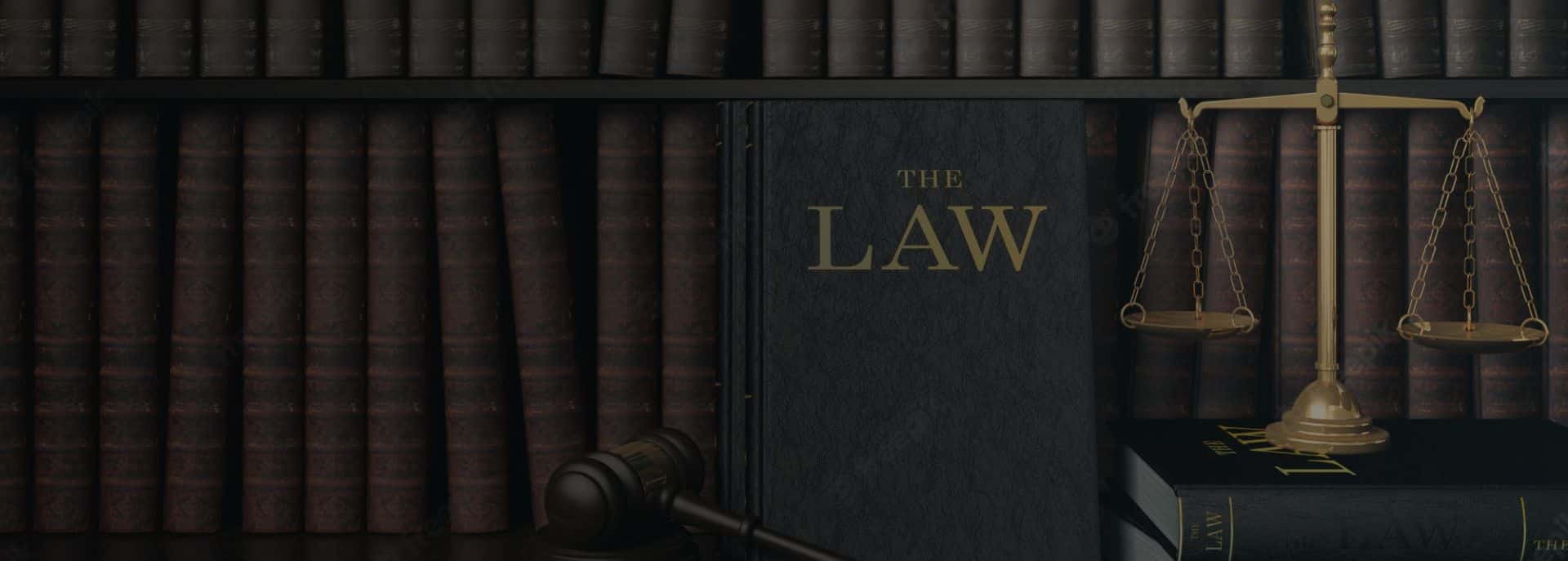Squatter’s Rights in Ontario: What Landowners and Claimants Need to Know

Note: This blog provides general information and is not legal advice. Laws change and facts matter. For advice tailored to your situation, please contact our firm.
Imagine how frustrating it can be to find out that someone came to visit you uninvited — and worse, has no intention to leave and claims the right to stay. It may seem unbelievable, but it happens quite often. This is known as “squatting”, and sometimes, land claimants (squatters) can gain legal title to land through adverse possession.
Not all cases of squatter’s rights involve the intentional occupation of a neighbour’s property. If a person has used someone else’s land for decades, paid property taxes, and treated it as their own, and later realizes they never had legal title to it, they may have a legitimate claim to that land.
Contents
What Are Squatter’s Rights?

Squatter’s rights (the correct legal term is “adverse possession”) is a principle of real estate law that allows a person who has possessed someone else’s land for a long time to claim legal ownership of that land.
The most common cases of such situations occur when driveways, fences, sheds, and similar structures encroach on a neighbour’s property (by mistake or intentionally).
Why Do Squatters Have Rights?
Squatters have the rights to seek justice in case of conflict situations and to prevent the use of vigilante justice. If landowners were allowed to use violence to evict squatters, an already troubling situation could quickly escalate and become dangerous. These rights ensure that everyone in Ontario can live in a safe, secure and comfortable environment.
Squatters’ rights are very similar to tenants’ rights, which protect tenants from unscrupulous landlords. Real estate laws spell out each party’s rights to keep the property market stable and negotiations peaceful.
Overview of the Land Titles System in Ontario
In Ontario, land ownership and registration are governed by the Land Titles System. This legally recognized system is designed to record all legal titles, interests, and rights in land. The system plays a crucial role in relation to squatters’ rights and the ability to succeed with a claim.
If a property is registered under this system, the government guarantees the owner’s rights against adverse possession claims. However, they can be succeeded if the evidence is based on possession that occurred before the property entered the Land Titles System.
In modern legal practice, such cases are rare due to the complexity of obtaining evidence. Nevertheless, with the assistance of an expert real estate lawyer, it remains possible.
The Land Titles System vs. Land Registry System
Initially, the Ontario government used a Registry System that required manual updating of the land registry and did not guarantee title to landowners.
Later, in accordance with section 32 of the Land Titles Act, the majority of land was transferred from the Registry System to the Land Title System. Although these systems are essentially similar, there are some differences between them:
| Aspect | Land Titles System | Land Registry System |
| System Structure | Modern, computerized parcel register | Traditional document depository with manual or paper records |
| Title Guarantee | Provides a government-backed guarantee of title (indefeasibility principle) | Does not guarantee title; relies on a historical chain of title documents |
| Evidence of Ownership | Ownership is evidenced by the Parcel Register, which reflects the current, certified title | Ownership is proven through deeds and a detailed history of past transactions |
| Search Process | Simplified title searches with up-to-date, easily accessible digital records | Requires extensive review (sometimes a 40-year search) to trace the chain of title |
| Protection Against Adverse Possession | Stronger protection — the government guarantee makes it harder for squatters to claim land | More susceptible to disputes such as adverse possession due to the lack of guarantee |
| Legal Certainty | Offers higher certainty and clarity regarding property rights | Greater potential for ambiguity and conflicting interests due to historical records |
It is worth noting that land in the Land Titles System can still be subject to squatters’ claims. The issue lies in the status assigned to properties during the transition from the old registry system to the new one.
What are LTCQ and LT+?
To speed up the transition of land into the Land Titles System, many properties were converted administratively without full investigation, resulting in LTCQ (Land Titles Conversion Qualified) status. This status allows squatters to claim on the basis of past (adverse) possession.
Landowners can apply to upgrade their LTCQ status to Land Titles Absolute Plus (LT+) status to strengthen their property protection. This is often required to resolve disputes, develop land, or secure financing.
How to Succeed in a Squatter’s Rights Claim?

It is easier for an adverse possession claimant to succeed if the claim is based on a mistake — not intention. For example, if you believed that your property line was in one place and made improvements based on that belief, the law will look more favourably in granting that claim.
If you intentionally try to expand your property by taking pieces of land from your neighbour, your claim will likely fail.
To succeed in a squatter’s rights claim, the claimant must establish the following before the court:
-
- Continuous and actual possession of the property for 10 years.
-
- Acting as the property owner during this time, including making property improvements and paying property taxes.
-
- Actual exclusion of the true landowner from possession without their permission or sanction (the property was not originally rented to a squatter).
-
- The property’s use was open, obvious, notorious, and peaceful.
To support the above, the squatter must provide substantial evidence, which may include:
-
- Witness testimony;
-
- Photographs or documents showing how the squatter used the land during the claim period;
-
- Surveys and expert testimony that demonstrate exclusive possession and use.
Nowadays, it is becoming increasingly difficult to assert squatter’s rights successfully. The reason — most properties in Ontario were transferred to the Land Titles System in the early 2000s, making it difficult to gather evidence prior to this period.
Protecting Against Squatter’s Rights Claims
If you want to avoid losing a part or all of your land to those asserting squatter’s rights, you must be proactive and take steps to protect your property:
-
- Check the date your land was converted to Land Titles (you can look at the property’s Parcel Register).
-
- Check your land qualifier (status). If it is LTCQ (which is not enough to protect your property from adserve possession claims fully), then apply for permission to convert your title to LT +.
-
- Regularly check the boundaries of your property to make sure no one is encroaching on your land.
-
- Remove encroachments on your land immediately to prevent adverse possession.
-
- Maintain clear boundary signs (fences, hedges) to mark the boundaries of your property.
-
- Put all legal agreements in writing to avoid confusion regarding legal ownership.
-
- Stay updated on changes in real estate law that could impact your property rights.
Remember that the courts do not take squatter’s rights claims lightly and are not in a hurry to remove land titles from registered owners. In case you are not sure about fully protecting your property or have already faced encroaching on your land, then hiring a real estate lawyer is the best option.
De Krupe Law has four offices for your convenience. With qualified and experienced lawyers in Toronto, Vaughan, Newmarket, and Barrie, we are committed to giving our clients the full legislative support, guidance, and peace of mind they need.
Conclusion
Squatter’s rights are a crucial legal concept in Ontario that can result in a change of property ownership. Given the complexity and nuances of real estate law, legal representation is essential for both those seeking to claim land and landowners protecting their property rights. If you encounter this situation, your initial step should be a consultation with an experienced real estate lawyer.
-
Is it still possible to claim land through squatter’s rights in Ontario?
Yes, this is possible, considering the qualifiers and claim timing. Although Ontario currently uses a Land Titles System, not all land is titled LT+, which prevents adverse possession claims.
-
Can police remove squatters in Canada?
Yes, this is allowed in cases where squatters are performing illegal activities on the property or if you have a court order against the squatters.
-
Can I lose my property through squatter’s rights?
Definitely. You can lose part or all of your property if the squatter can prove that they used the land for more than 10 years before it was transferred to the Land Title System and maintained it as an owner.


